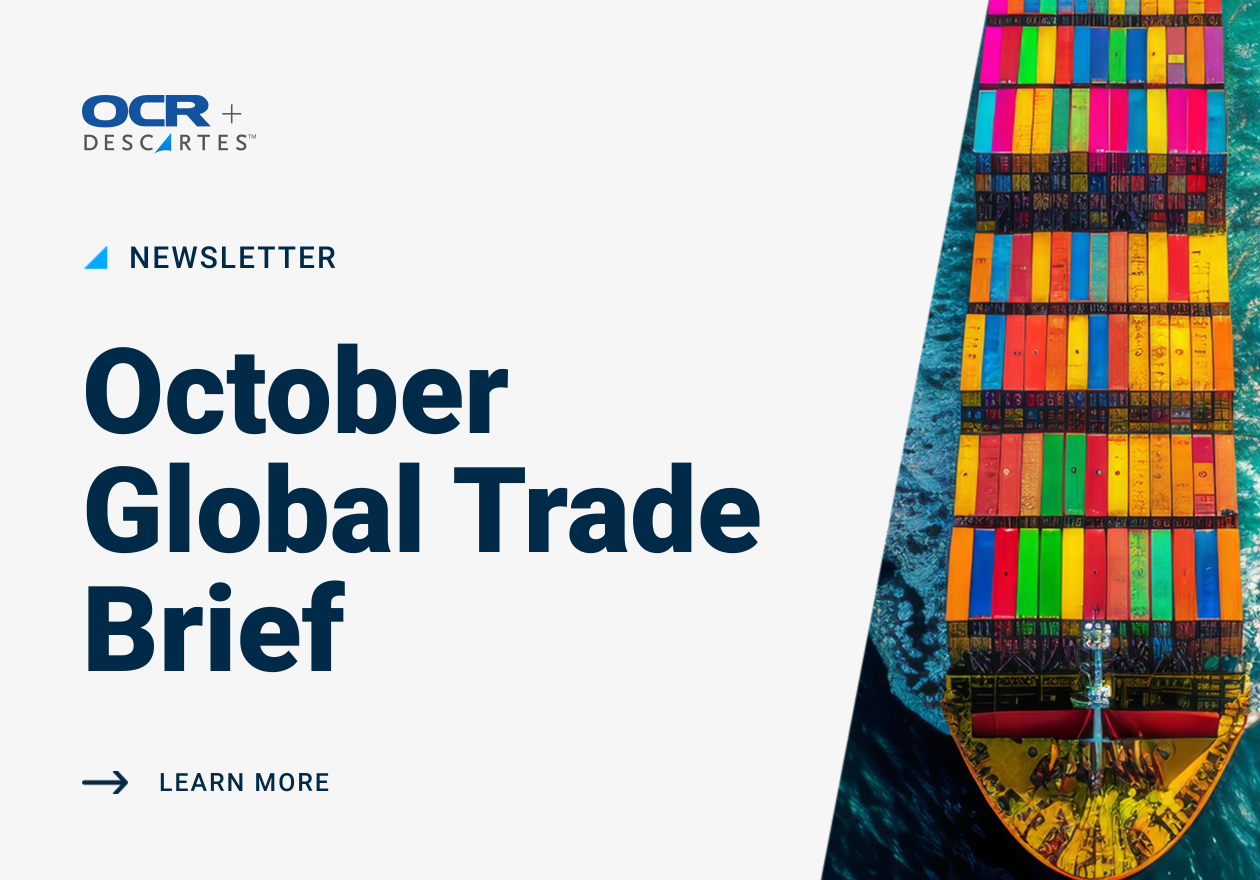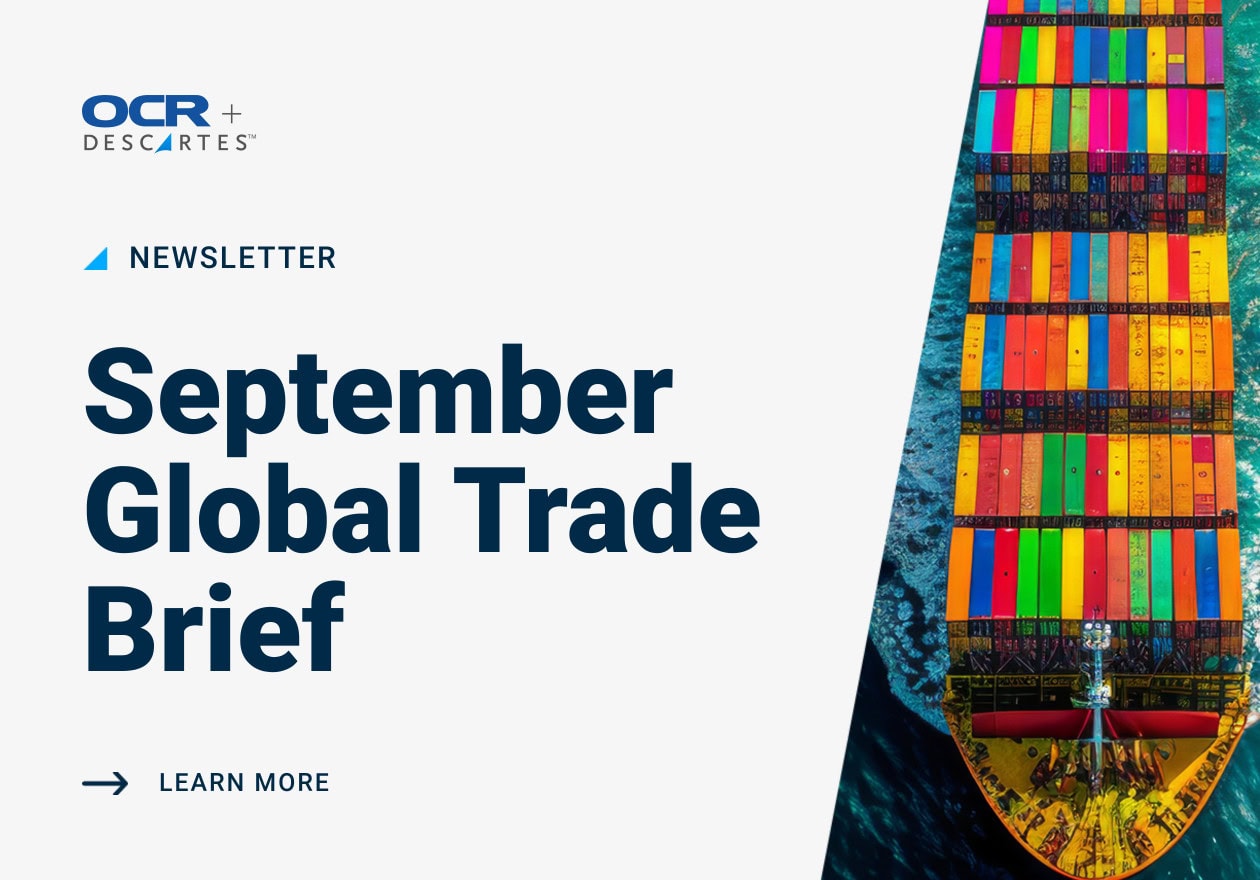EU-New Zealand free trade agreement
The EU and New Zealand have signed their free trade agreement (FTA), which will deliver significant gains for the EU. The deal will cut some €140 million a year in duties for EU companies from the first year of application. As a result, bilateral trade is expected to grow by up to 30% within a decade, thanks to this deal, with EU annual exports potentially growing by up to €4.5 billion. EU investment into New Zealand has a potential to grow by up to 80%. This landmark agreement also includes unprecedented sustainability commitments, including respect of the Paris Climate Agreement and core labour rights.
New export opportunities for businesses big and small
The EU-New Zealand FTA will provide new opportunities for businesses by:
- eliminating all tariffs on EU exports to New Zealand;
- opening the New Zealand services market in key sectors such as financial services, telecommunications, maritime transport and delivery services;
- ensuring non-discriminatory treatment to EU investors in New Zealand and vice versa;
- improving access for EU companies to New Zealand government procurement contracts for goods, services, works and works concessions;
- facilitating data flows, predictable and transparent rules for digital trade and secure online environment for consumers;
- preventing unjustified data localization requirements and maintaining high standards of personal data protection;
- helping small businesses export more through a dedicated chapter on small and medium enterprises;
- significantly reducing compliance requirements and procedures to allow for quicker flow of goods;
- significant commitments by New Zealand to protect and enforce intellectual property rights, aligned with EU standards.
EU farmers will have much better opportunities to sell their produce in New Zealand immediately upon application of the agreement. Tariffs will be eliminated as of day one on key EU exports such as pig meat, wine and sparkling wine, chocolate, sugar confectionary and biscuits.
EU farmers will see benefits beyond the tariff cuts. The FTA will protect the full list of EU wines and spirits (close to 2,000 names) such as Prosecco, Polish Vodka, Rioja, Champagne and Tokaji. In addition, 163 of the most renowned traditional EU products (Geographical Indications), such as Asiago, Feta, Comté or Queso Manchego cheeses, Istarski pršut ham, Lübecker Marzipan, Elia Kalamatas olives will be protected in New Zealand.
The agreement takes into account the interests of EU producers of sensitive agricultural products: several dairy products, beef and sheepmeat, ethanol and sweetcorn. For these sectors, there will be no liberalisation of trade. Instead, the agreement will allow zero or lower tariff imports from New Zealand only in limited amounts (through so-called Tariff Rate Quotas).
Source: https://ec.europa.eu/commission/presscorner/detail/en/ip_23_3715
Voluntary Self-Disclosure of Potential Violations
The U.S. Department of Justice (DOJ), the U.S. Department of Commerce’s Bureau of Industry and Security (BIS), and the U.S. Department of the Treasury’s Office of Foreign Assets Control (OFAC), issued a Tri-Seal Compliance Note: Voluntary Self-Disclosure of Potential Violations to summarize procedures for voluntarily self-disclosing violations of U.S. sanctions and export control laws to DOJ, BIS, and OFAC. The Compliance Note explains that self-disclosing potential violations can provide significant mitigation of civil or criminal liability, while also alerting key national security agencies to activities that may pose a threat to the national security and foreign policy objectives of the United States.
Source: https://ofac.treasury.gov/media/932036/download?inline
U.S. Congress passes Taiwan trade bill
The U.S. Senate passed H.R. 4004—the United States-Taiwan Initiative on 21st-Century Trade First Agreement Implementation Act—and it has been sent to the White House for action by the president.
The Bill:
- Expresses the approval of Congress for the June 1, 2023, agreement regarding trade between the United States and Taiwan
- Imposes requirements on the negotiations of certain further trade agreements between the United States and Taiwan
- Imposes requirements on the negotiation of further agreements under the United States-Taiwan Initiative on 21st-Century Trade
Source: https://www.congress.gov/118/bills/hr4004/BILLS-118hr4004enr.pdf
WTO issues panel reports in dispute between India and the United States
- United States – Certain Measures on Steel and Aluminium Products
On 18 May 2018, India requested consultations with the United States concerning certain measures imposed by the United States to allegedly adjust imports of steel and India claimed that the measures appear to be inconsistent with:
- Articles 2.1, 2.2, 3.1, 4.1, 4.2, 5.1, 7, 9.1, 11.1(a), 11.1(b), 12.1, 12.2 and 12.3 of the Agreement on Safeguards; and
- Articles I:1, II:1(a), II:1(b), X:3(a), XI:1, XIX:1(a) and XIX:2 of the GATT 1994.
Source: https://www.wto.org/english/news_e/news23_e/547_585r_e.htm
EU agrees to extend the scope of sanctions on Belarus to fight circumvention
The European Commission welcomes adoption by the Council of further targeted restrictive measures arising from Russia’s illegal invasion of Ukraine, and in response to Belarus’s involvement in the aggression.
In particular, the new measures create a closer alignment of EU sanctions targeting Russia and Belarus and will help to ensure that Russian sanctions cannot be circumvented through Belarus.
The measures expand the ban on exports to Belarus to a number of highly sensitive goods and technologies which contribute to Belarus’s military and technological enhancement. The Council also imposes an additional export ban on firearms and ammunition, and on goods and technology suited for use in aviation and the space industry. The changes also align the Belarus sanctions with the Russia sanctions regime.
These restrictive measures are fast-tracked in view of the urgency linked to the fight against circumvention regarding certain highly sensitive goods and technologies.
Scope: https://ec.europa.eu/commission/presscorner/detail/en/ip_23_4063
U.S. expansion of nuclear nonproliferation controls on China and Macau
In response to the People’s Republic of China’s (China) military modernization efforts, military-civil fusion strategy, and expansion of its nuclear forces, the Bureau of Industry and Security (BIS) is amending the Export Administration Regulations (EAR) by adding additional nuclear nonproliferation controls on China and Macau. This change specifically applies to items controlled for Nuclear Nonproliferation (NP) column 2 reasons for control. These controls enhance U.S. Government efforts to monitor the export of these items and to ensure they are only being used in peaceful activities such as commercial nuclear power generation, medical developments, production of or use in medicine, and non-military industries.
Scope: https://public-inspection.federalregister.gov/2023-17243.pdf
OFAC Settles with Construction Specialties Inc. for $660,594 Related to Apparent Violations of the Iranian Transactions and Sanctions Regulations
Construction Specialties Inc. (“CS”), a company headquartered in New Jersey that sells specialized building materials, has agreed to pay $660,594 to settle its subsidiary’s potential civil liability for three apparent violations of OFAC sanctions on Iran. The conduct at issue occurred when CS’s wholly controlled United Arab Emirates (UAE) subsidiary, Construction Specialties Middle East L.L.C. (“CSME”), imported building materials from the United States to the UAE and then knowingly reexported them to Iran. In doing so, CSME’s general manager and another senior manager disregarded CS company policy and falsified trade documents. The settlement amount reflects OFAC’s determination that CSME’s apparent violations were egregious and voluntarily self-disclosed.
Source: https://ofac.treasury.gov/media/932086/download?inline


